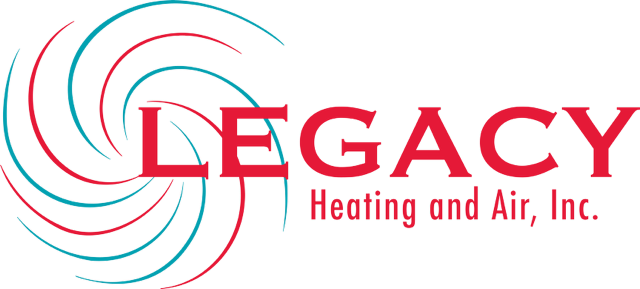Air Quality Impacts Worker Productivity: Cleaner Air Makes for a Clearer Head
The clock reads 2:00 in the afternoon and your productivity level is heading downward. You are sluggish, tired, and feel like you can no longer think clearly. A headache begins to develop. Maybe you write off your lack of energy, thinking you should have gone to bed earlier last night. Or the hectic morning combined with that carb-loaded lunch is catching up to you. But maybe there is another culprit that you – and likely your boss – have never even thought about: the air quality of your workspace.
The notion of “sick buildings” has been around for a while with the detrimental health effects of things like mold and asbestos well-documented. In the last couple years, though, researchers have begun to turn their attention to buildings that are not necessarily “sick” but that still have air quality issues that appear to affect the workers inside them.
A study released in 2017 by researchers at Harvard and Syracuse Universities found surprising results when they followed 24 managers, designers, architects, and other “knowledge workers” over a two-week period. During the study, the researchers improved the air quality of the workers’ offices by controlling the presence of common items that emit volatile organic compounds (VOC), which are the source of lower indoor air quality. These items included surface cleaners, dry erase markers, and dry-cleaned clothing. At the end of each day, as the presence of VOCs gradually reduced, the researchers tested the workers using a standardized cognitive function test. When the workers were exposed to increased ventilation and reduced levels of carbon dioxide and chemicals, their performances on the cognitive tests improved dramatically across nine domains.
In a further study, the researchers looked at workers in green-certified buildings. Green buildings often focus on energy efficiency and provide less expensive methods of heating and cooling a building, but their benefits are even greater than initially realized. Employees in this study experienced fewer headaches and respiratory issues. They reported sleeping better; they performed better on cognitive tests and demonstrated improved abilities in decision-making and other skills.
More recently, researchers from the National University of Singapore found similar results connecting air quality and productivity. By tracking the level of pollution and levels of output by workers in two factories in China, researchers discovered that over time, higher pollution — and lower air quality —resulted in reduced worker productivity.
What does all this mean for the workplace? Employers should be aware of the quality of indoor air in their company buildings and take steps to improve it, which will mitigate milder but often chronic health conditions. It also means that today, as employees’ homes frequently double as their workplaces, lower productivity due to lower air quality is something that now concerns the average homeowner, too.
To help improve the indoor air quality of your home or business and reduce the harmful effects of things like smoke, dust, mold and mildew, or chemical pollutants, there are some easy steps to take. When possible, open windows to allow for proper ventilation. Keep your home or workplace clean with environmentally friendly cleaners and change the filters of your HVAC system regularly.
In addition, you might want to consider adding an air cleaning device, such as a dehumidifier or air purifier, to your HVAC system. Products and systems like those sold by Legacy Heating and Air can help improve the air quality of your home, the health and wellness of your family, and the productivity level in your work.
The iWave air purifier, for example, has been shown to reduce the presence of viruses in the air. In tests by Innovative Bioanalysis, the iWave-C was used to purify air containing the virus responsible for COVID-19. After 10 minutes, 84.2% of the virus inactivated, and after 30 minutes, the rate of reduction was 99.4%!
The three-part Aprilaire Healthy Air System offers fresh air ventilation, air filtration, and humidity control. Bringing fresh, outside air into your home helps dilute stagnant indoor air and reduces the level of pollutants. Proper filtration removes viruses and allergens from the air, while humidity control helps reduce the transmission of viruses and creates an environment that is no longer conducive to their survival.
Meanwhile, the Daiken One Ecosystem uses a “smart” thermostat and cloud-based technology to measure the temperature, air quality, and humidity in your home and activates features to ensure an optimal indoor environment. Sensors in the system can detect and filter airborne particles, such as allergens, pet dander, and its UV treatments help to minimize the growth of mold.
Are you ready to find out how to improve the air quality in your home or office?
To learn more about these systems and other ways to improve the air quality in your home or office, visit our Indoor Air Quality page and schedule a free in-home estimate.

